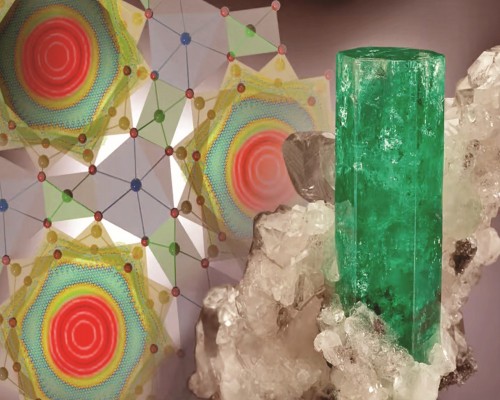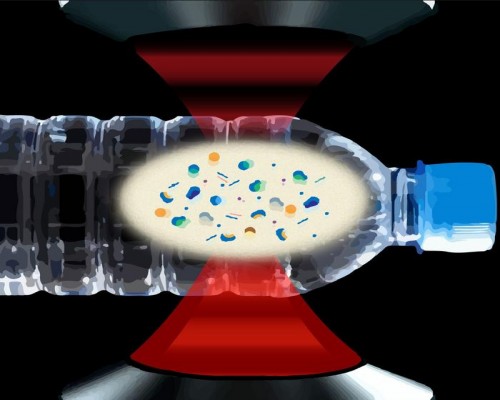Scientists Discover the Fourth State of Water

Possibility: Water Could Exist in This Form on Other Planets
Water is commonly known to exist in three states—liquid, solid (ice), and gas (vapor). However, scientists from France have now claimed to have discovered a fourth state of water. They suggest that this state of water could also exist on other planets, offering new insights into planetary science.
The Newly Discovered Form of Water
In a controlled laboratory experiment, physicists at a research institute in Paris created a special environment with an extreme pressure of 327 gigapascals (GPa). Under these conditions, water molecules exhibited a new structural transformation, different from the known states of liquid, ice, or vapor.
The study revealed that water in this state retains properties of both liquid and solid at the same time. This makes it significantly different from conventional forms of water and provides new possibilities for understanding water's behavior under extreme conditions, such as deep within planetary cores.
A New Form of Ice: Plastic Ice-7
• Scientists have named this new form of water Plastic Ice-7.
• It exhibits the characteristics of both liquid and solid water simultaneously.
• This discovery suggests that such water may exist on Neptune, Uranus, and other icy planets in the solar system.
• The research findings could revolutionize our understanding of water’s role in planetary formation and habitability.
The Three Known States of Water
State Description
Liquid Regular water that we drink and use in daily life.
Solid (Ice) Water in frozen form, commonly found in glaciers and polar regions.
Gas (Vapor) Water in its heated form, turning into steam when boiled.
How Much Water Exists on Earth?
• 71% of Earth's surface is covered by water.
• The total water volume is approximately 1.4 billion cubic kilometers.
• 97.5% of this water is in the form of saltwater, found in oceans and seas.
• Only 2.5% of Earth's water is freshwater, which includes glaciers, rivers, and underground reservoirs.
Future Research Possibilities
Scientists believe that this discovery could lead to new breakthroughs in astrophysics and space exploration. It may help explain how water behaves under extreme planetary conditions and provide insights into the potential for water-based life on distant planets.
This finding marks a major step forward in understanding water’s mysterious properties, opening new doors for future space research and planetary studies.





















